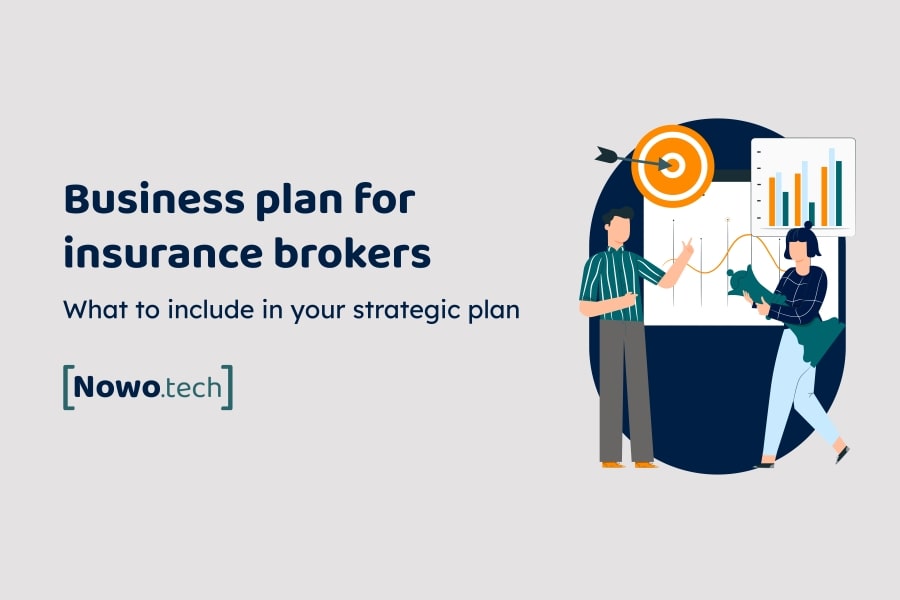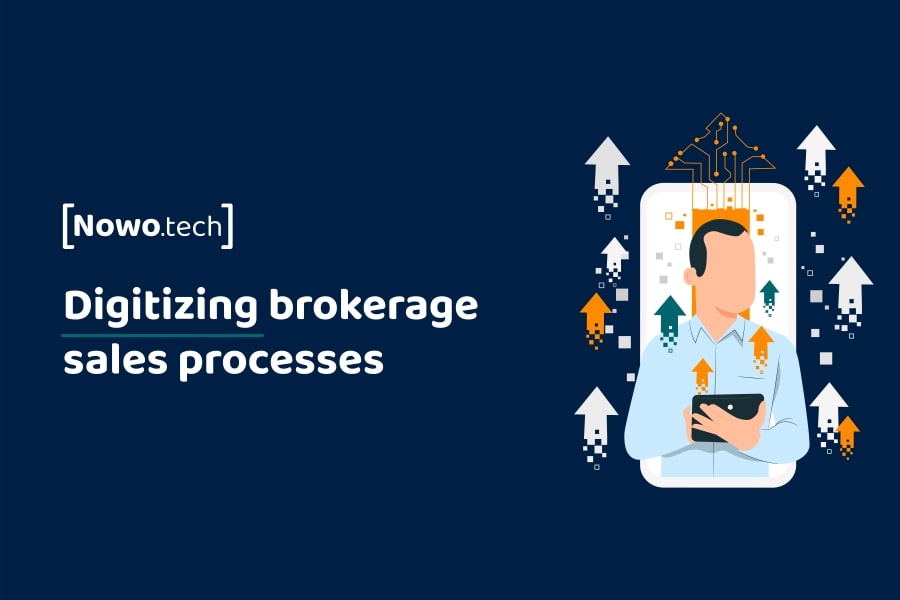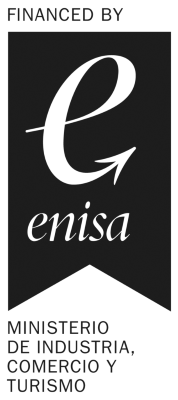Given the strong competition in the industry, nowadays setting up an insurance brokerage and achieving success is not easy if you do not have a previously planned strategy.
Having a Business Plan will not only help you to have a better vision of the strategy of your brokerage; it will also help you to see clearly who will be in charge of each objective and what we hope to achieve with each one of them.
This will also allow you to check at any time if you are executing the plan as planned, if you are getting closer to the objectives and if there is anything that should be changed. Therefore, we are going to show you how to make a business plan.
What is a Business Plan for an insurance brokerage?
The business plan is the document where the brokerage’s objectives are stated, how they are intended to be achieved and the time line in which they are expected to be developed and the goals set are to be reached.
In addition to the objectives, estimated time and who will be in charge of addressing them, other relevant sections are usually included. For this reason, we have decided to list the most common ones.
Executive summary
By way of introduction, it mentions the points to be addressed throughout the document to convey an overview. The most frequent ones are usually:
- Description of the company
- Slogan
- Information and means of contact
- Business opportunities
- Marketing plan summary
- Financial summary
- Successes already achieved by the brokerage company
Analysis of the insurance market
Here we will talk about the size of the industry, growth rate, customer profile targeted by the brokerage, behavior patterns (if, for example, seasonality is observed), overall sales volume… In addition to mentioning the strengths we have over the competition; speed of response, unbeatable prices, specialists in a certain sector, agreements with certain insurance companies…
The intention is to provide as much information as possible, to give the person who reads it a real vision.
Insurance offered by the brokerage
You should list the insurances your company works with and go into detail about the solutions they offer to potential clients. Protection for professionals who need civil liability insurance, coverage in case of theft…
It is very important to detail what the added value is. In other words: what makes your brokerage different from the rest.
Revenue model
It is time to talk about how we are going to sell insurance. Distribution channels, collaborators, prices, commissions… In other words, all those ways that will make us have income.
Operational model
This point details the processes to be developed to achieve the objectives. What technologies will be used, who will be involved in each part, if any kind of material is required, the environment in which we will work, schedules…
Clients
Undoubtedly, their number and profitability will determine the success or failure of the brokerage. We must be aware of the profile, behavior, average expenditure… and other characteristics that will allow us to define the buyer persona.
If you are targeting different audiences, you will have to define how to address each one of them, the reason for the segmentation, message tone, product, average expenditure…
Once you are clear about what your potential customers are like, you must indicate the acquisition model. In other words, the actions and tactics to be developed to get them to purchase their insurance through your brokerage.
Milestones achieved
This is of vital importance since it will not only give you a perspective of the company’s situation; it will give you clues about what works best, strategic corrections that have been made, types of clients with whom you are more successful…
Team components
There is no successful project without a team behind it. Reflecting the experience and skills of the team and indicating if there are certain human resources requirements is key.
Finances
The business plan should be concluded with financial data. This should reflect the metrics achieved and the forecasts for the coming months and even years. Income and expenses year by year, profit or loss projections, break-even point…
Tips on how to make a business plan for an insurance brokerage
Adapt it to your brokerage
You’ve heard ad nauseam that no two companies are alike. This applies to any brokerage. The work methodologies, the resources you have, the time you have been in operation… There will be information that you cannot yet provide and you can only speculate, there will be key points in your business that may be important to clarify in the document…
Avoid technicalities
Keep in mind that the person who is going to read it does not always have a high technical level of insurance. Avoiding jargon and complex words will make the document understandable to anyone.
Document as much as possible
Provide documentation to back up what you say, add links to studies and other official reports so that the reader can get more information and know that the information is 100% accurate.
SWOT
Using tools such as the SWOT matrix can be very useful to know the strengths and weaknesses, as well as the opportunities and threats faced by the brokerage.
Be clear about the brokerage’s objectives
It may seem obvious, but there are still many brokerages that operate without really definitive objectives. This can lead to ineffective actions.
Define your audience as much as possible
As in the case of objectives, having a well-defined audience will help you to find the right actions. Tone of communications, media to be used…
Constantly update the business plan
Any company should frequently review its business plan. As the brokerage progresses, it is common for it to discover errors and areas for improvement that, if not taken note of, may be forgotten.









